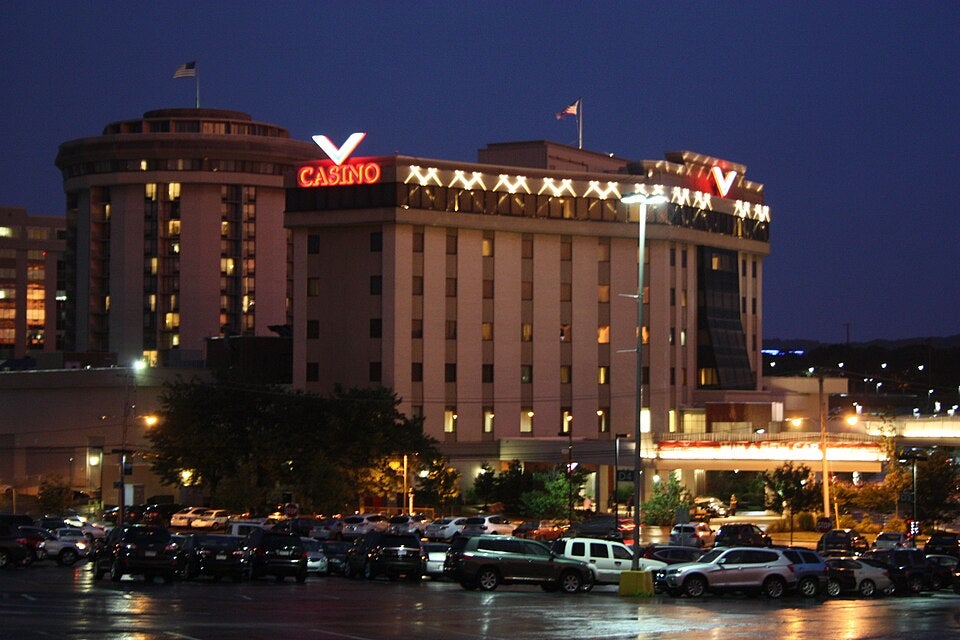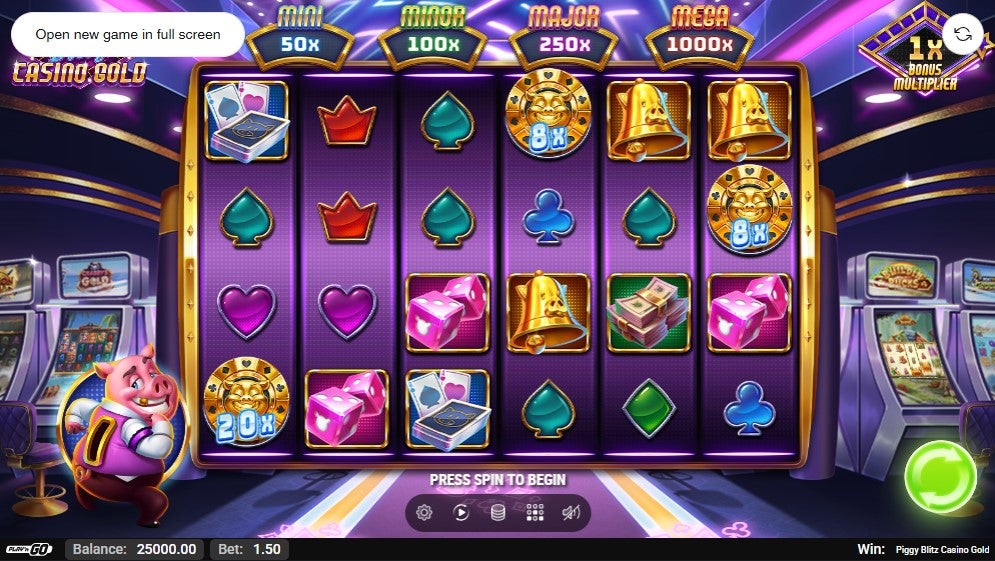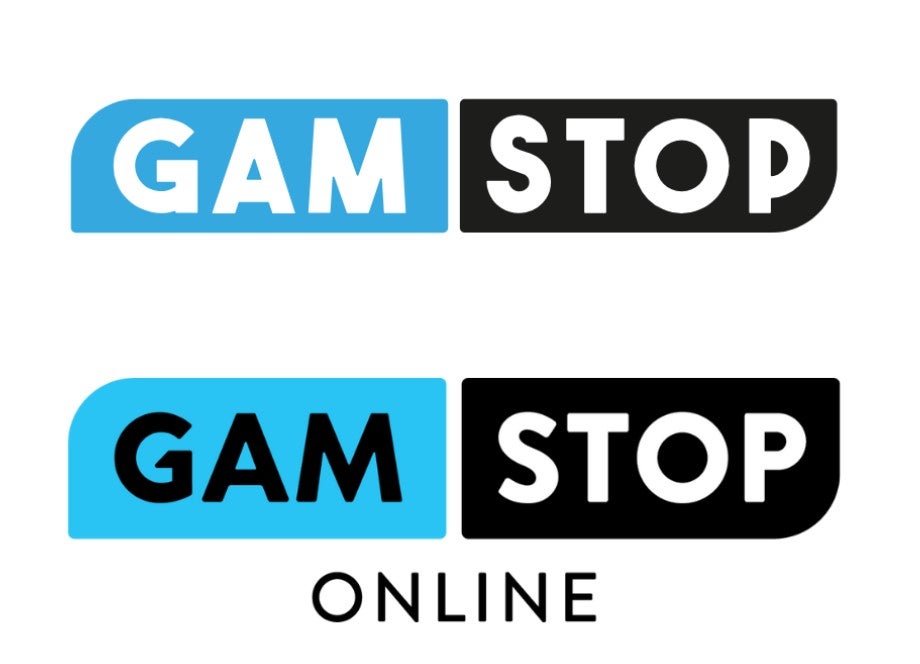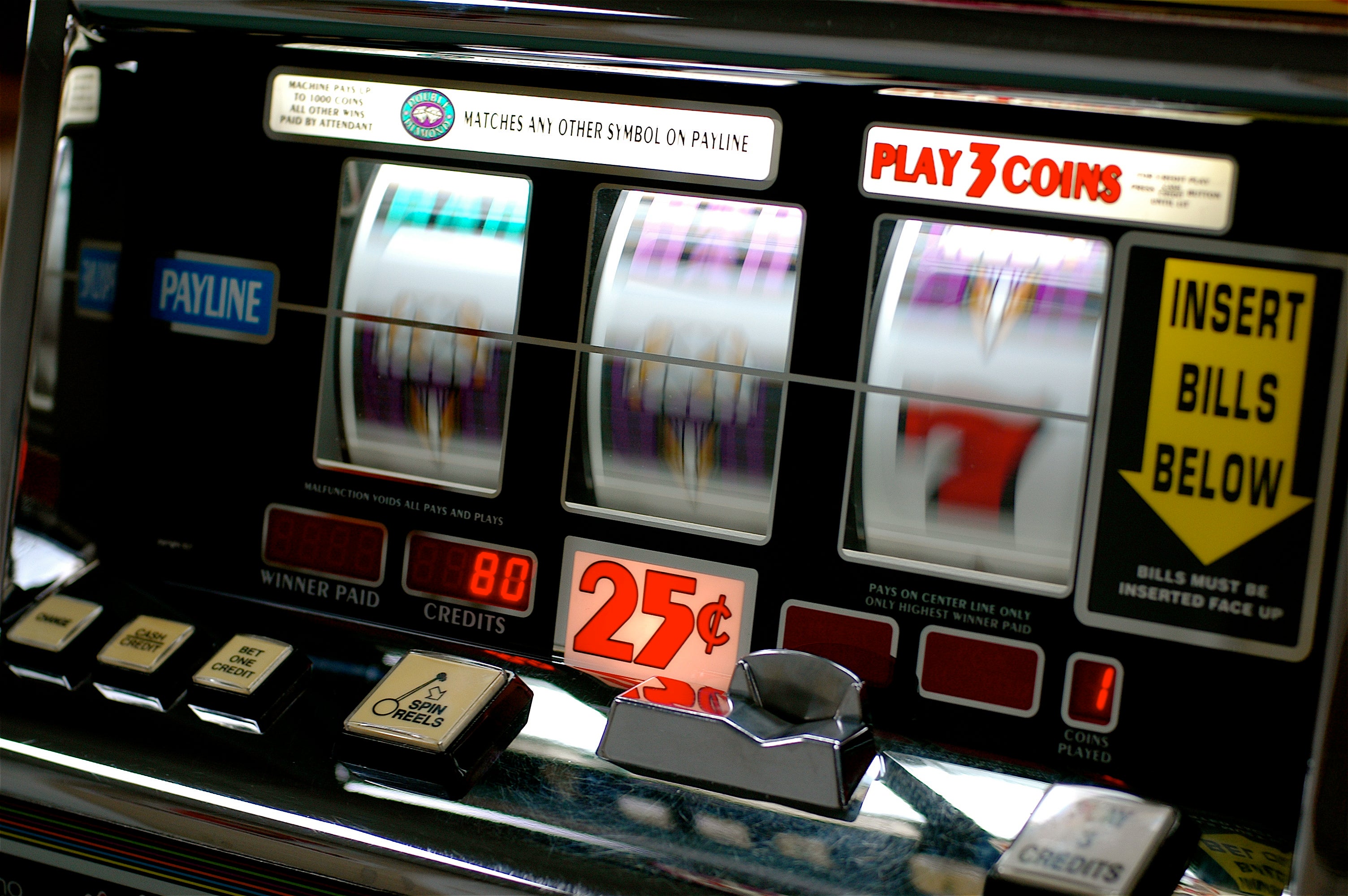Protecting customers
Online platforms have often engaged in “bait-and-switch” pricing, which initially lists an item (such as a room or ticket) for a certain price before later adding fees that significantly drive up the cost. That has greatly affected customers in tourist-rich locations such as Las Vegas and Atlantic City.
The new addendum, known as the Trade Regulation Rule on Unfair or Deceptive Fees, ensures transparency for customers, who will only see the actual price of their item every time it is viewed.
“The Rule prohibits bait-and-switch pricing and other tactics used to hide total prices and mislead people about fees in the live-event ticketing and short-term lodging industries,” a statement from the FTC read. “These unfair and deceptive pricing practices can harm consumers and undercut businesses trying to compete fairly on price.”
The new regulation does not ban junk fees outright—it only ensures they will be included in the displayed price.
Junk fees can be add-ons such as convenience fees, processing fees, resort fees, cleaning fees, and more.
Changes coming
Reworking the regulations for advertising will have several benefits for customers.
First, it will make it easier to understand and plan for purchases since the cost won’t change depending on how deep into a website a consumer navigates.
It will also give customers greater financial control over their decisions, thereby creating a truly competitive marketplace. Previously, a hotel offering a $200 rate with $120 in fees would look more appealing than one that offered a $270 rate with only $30 in fees.
Amending the standards also falls in line with many changes within the gambling industry to increase transparency for patrons at online casinos, online sportsbooks, and other gaming platforms. That includes removing advertising material at college campuses, abolishing the use of the term “risk-free,” and more basic preventative customer safety measures.
There are exceptions to the FTC’s new rule. Amenities such as parking, laundry, room service, and other additions do not have to be disclosed upfront since they are not included in basic stays, though they must be displayed clearly in the final price if included by the customer.
Discussions regarding pricing in different industries are already ongoing. The FTC said its goal is to protect consumers “from unfair methods of competition through law enforcement, advocacy, research, and education.”


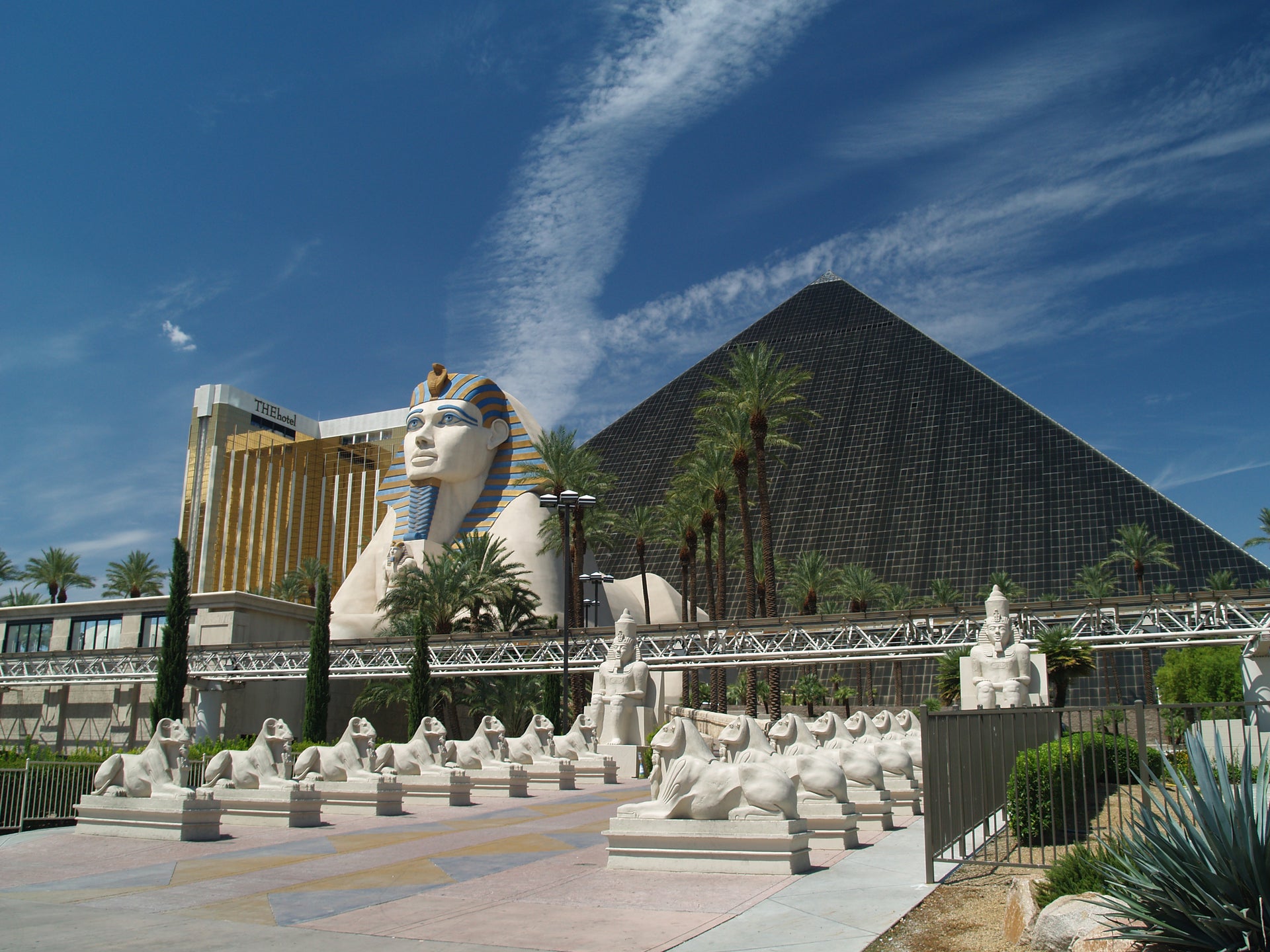



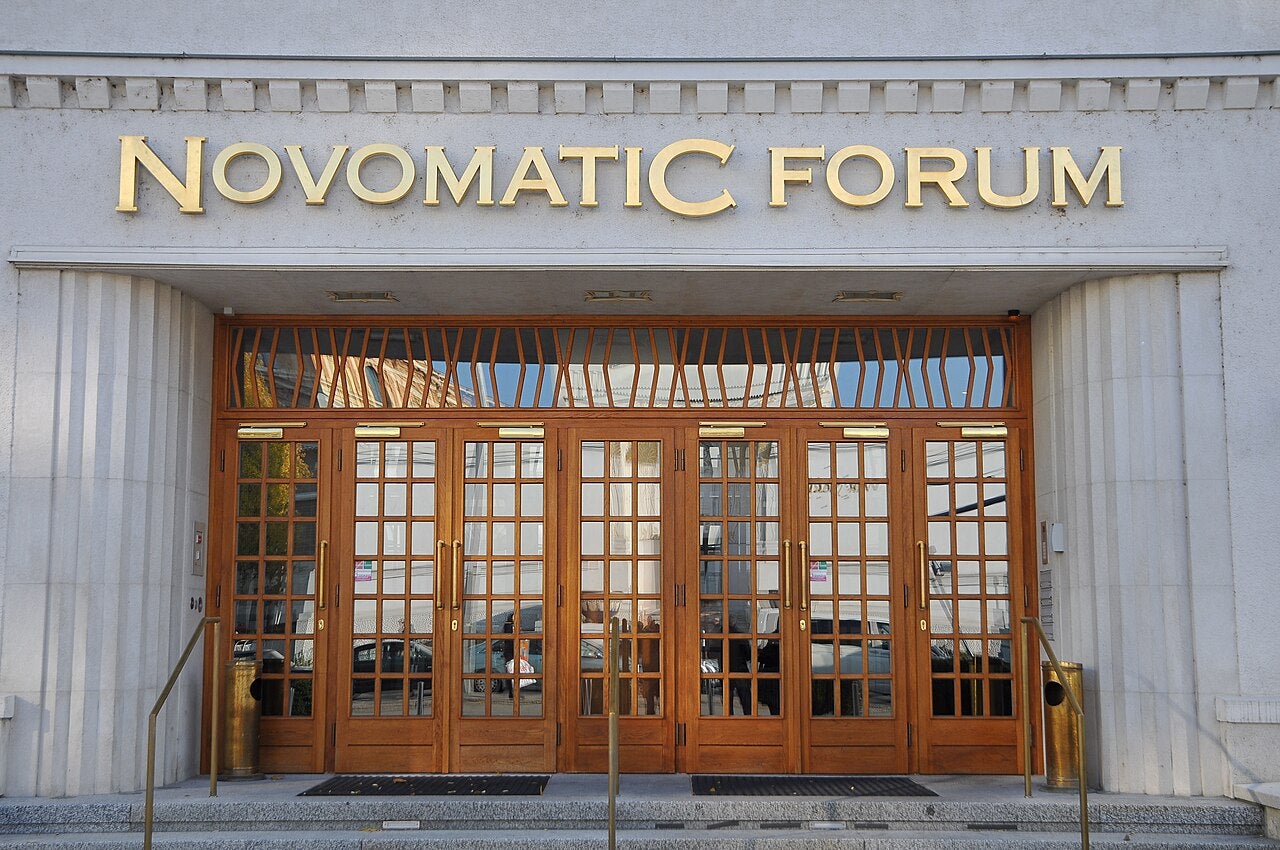
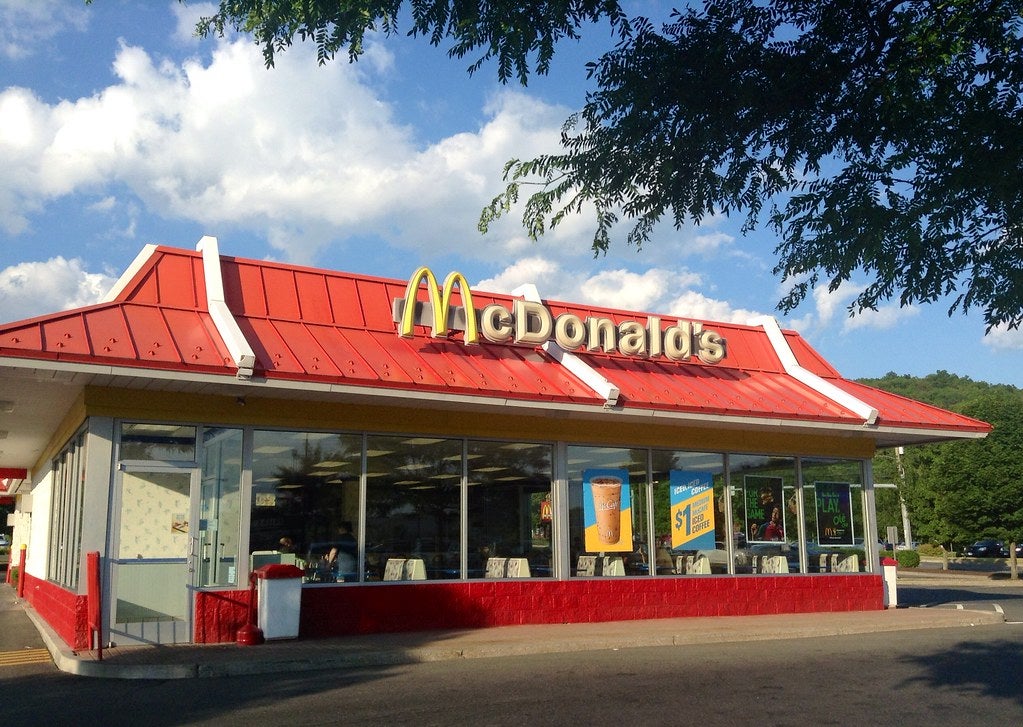





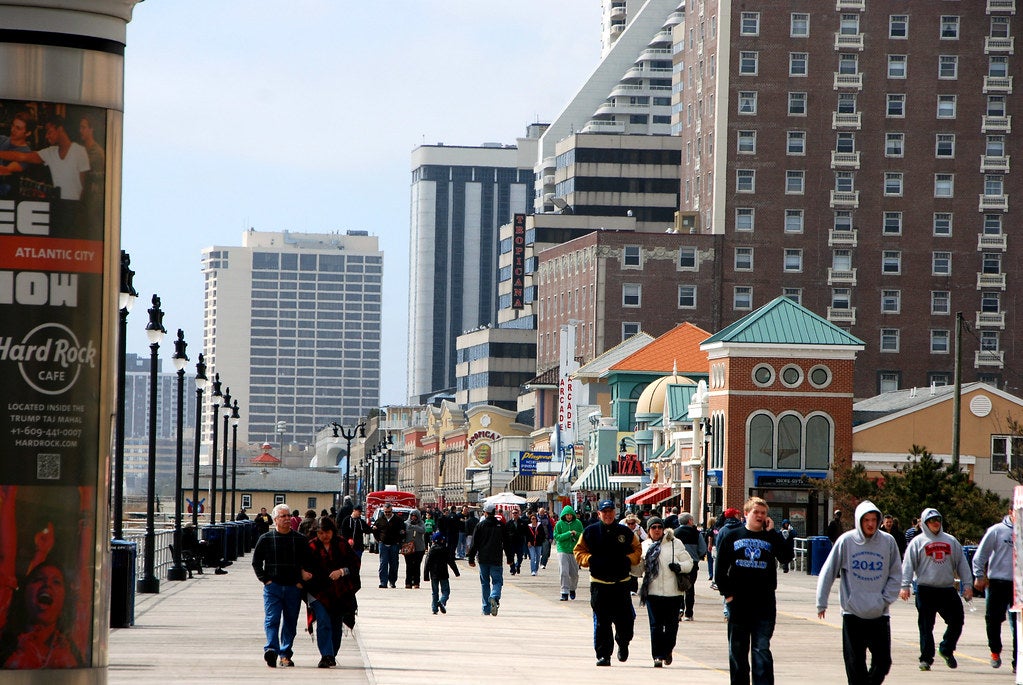

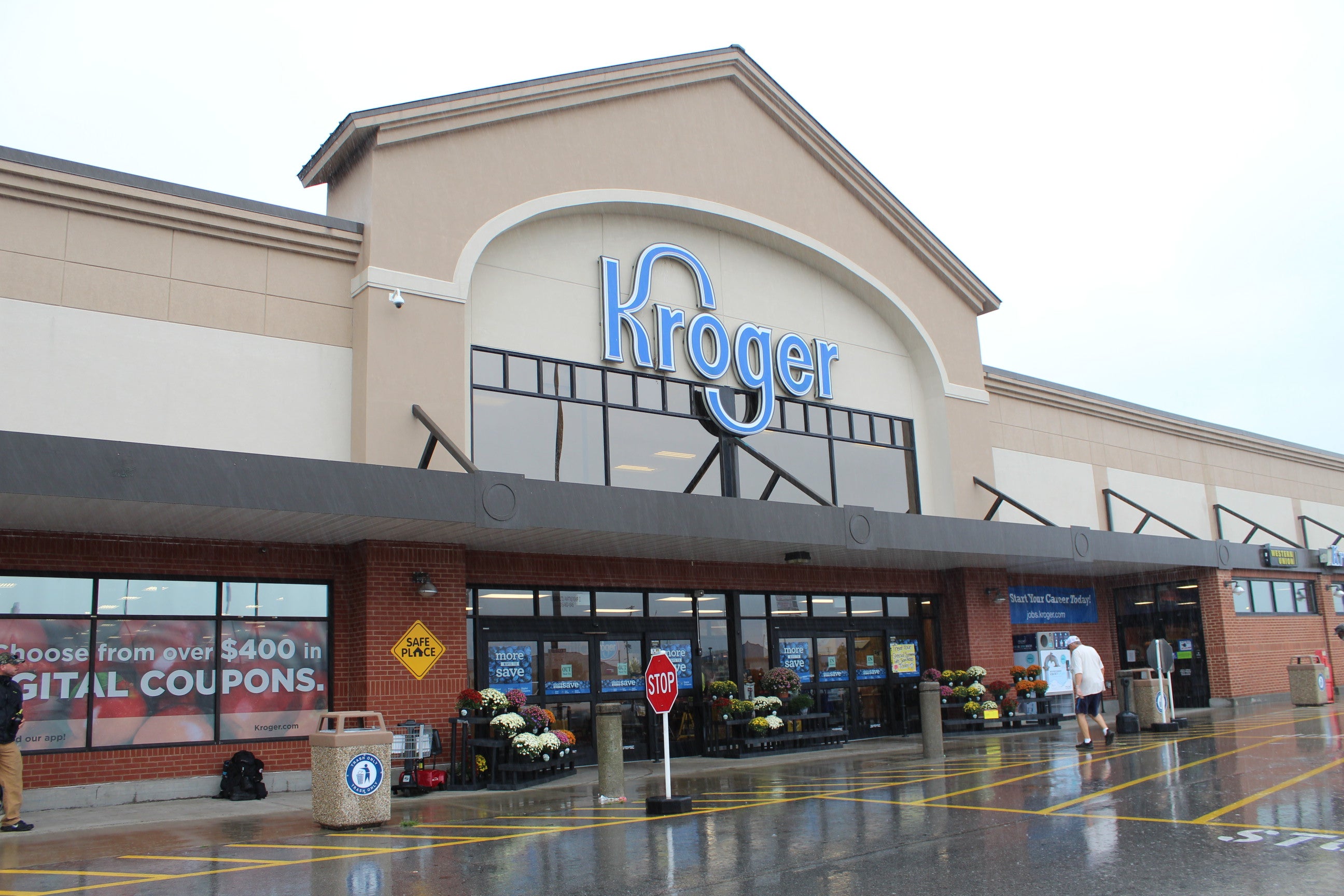

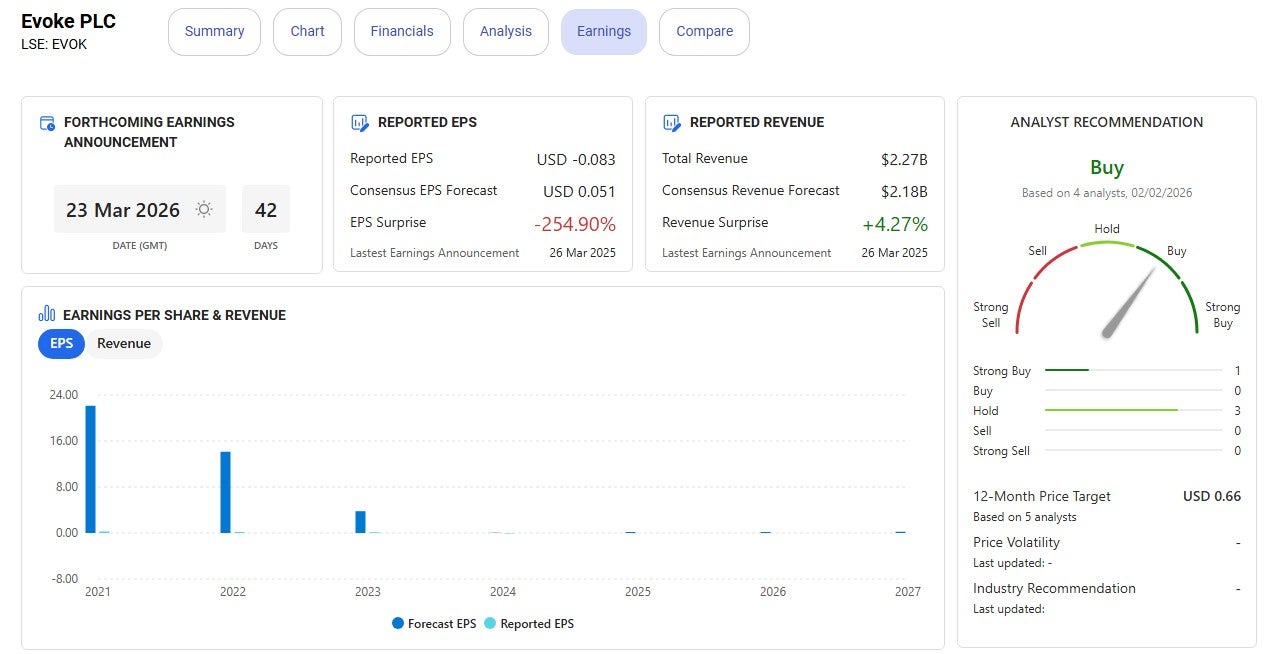

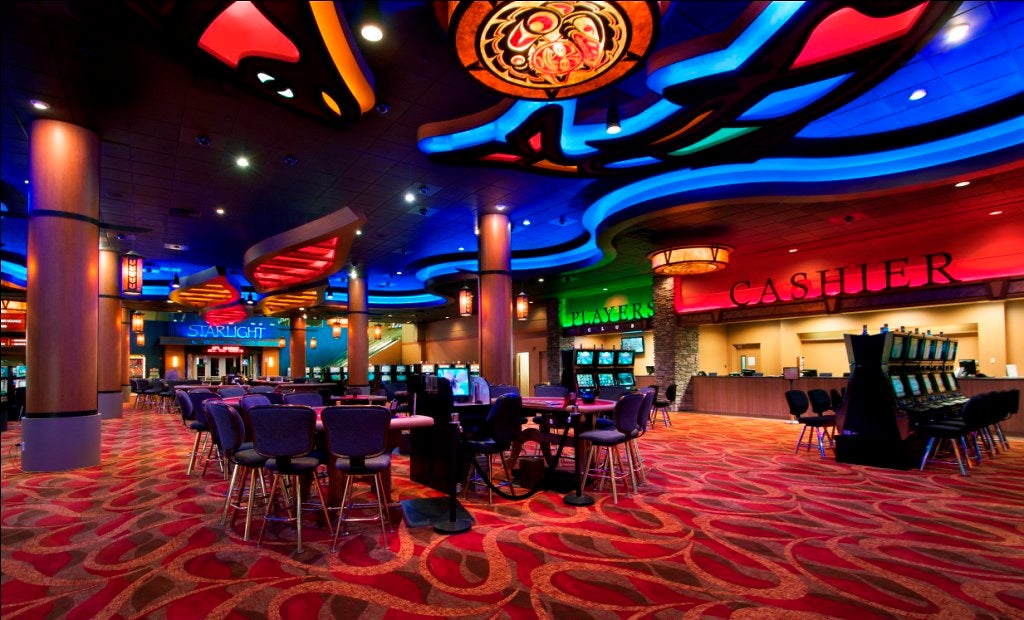
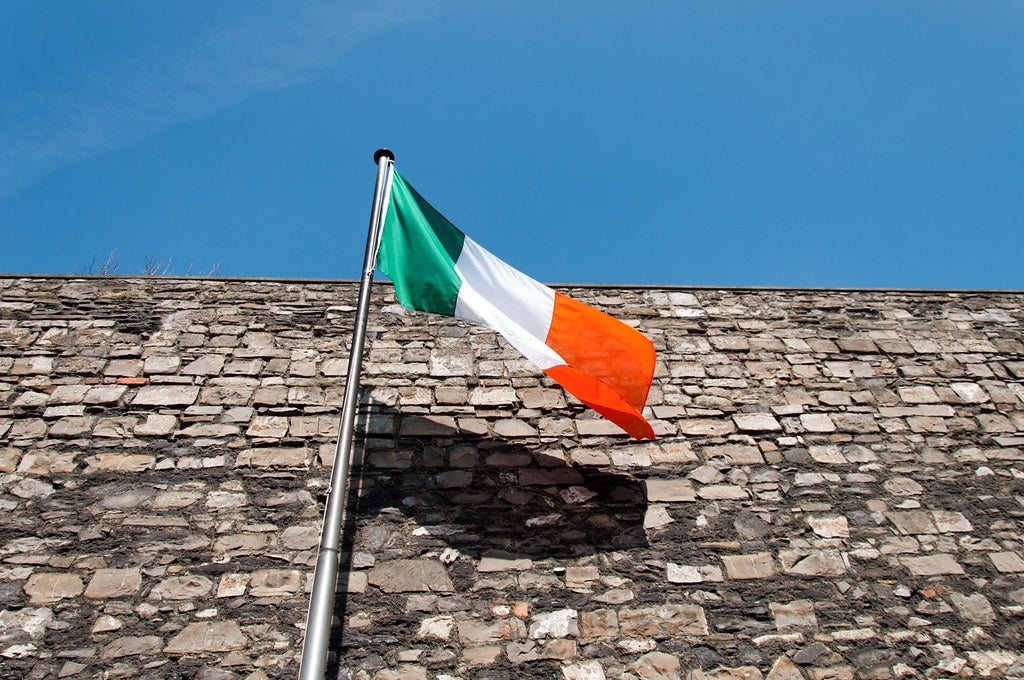


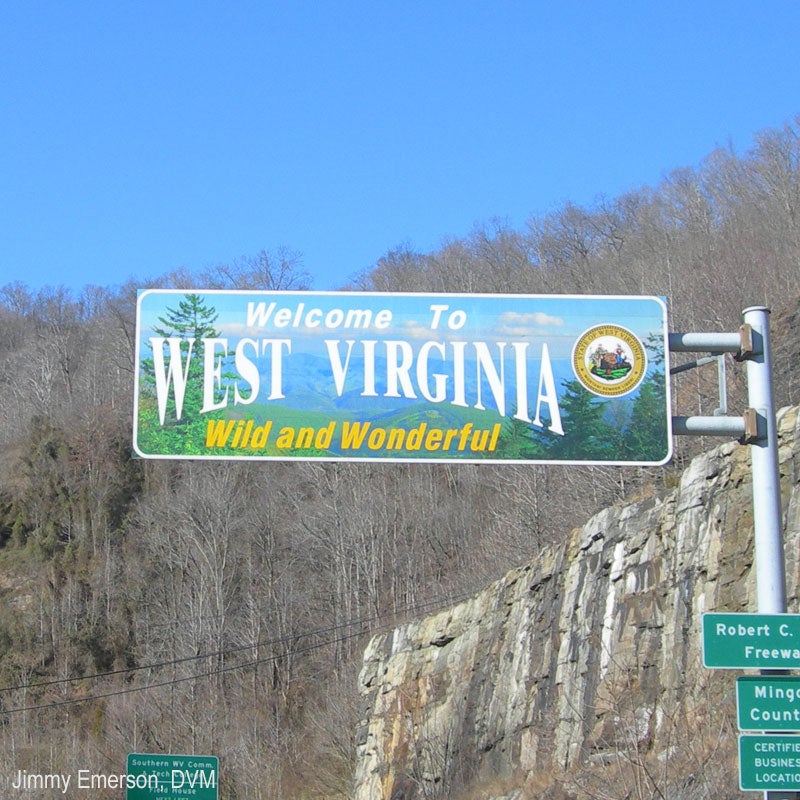
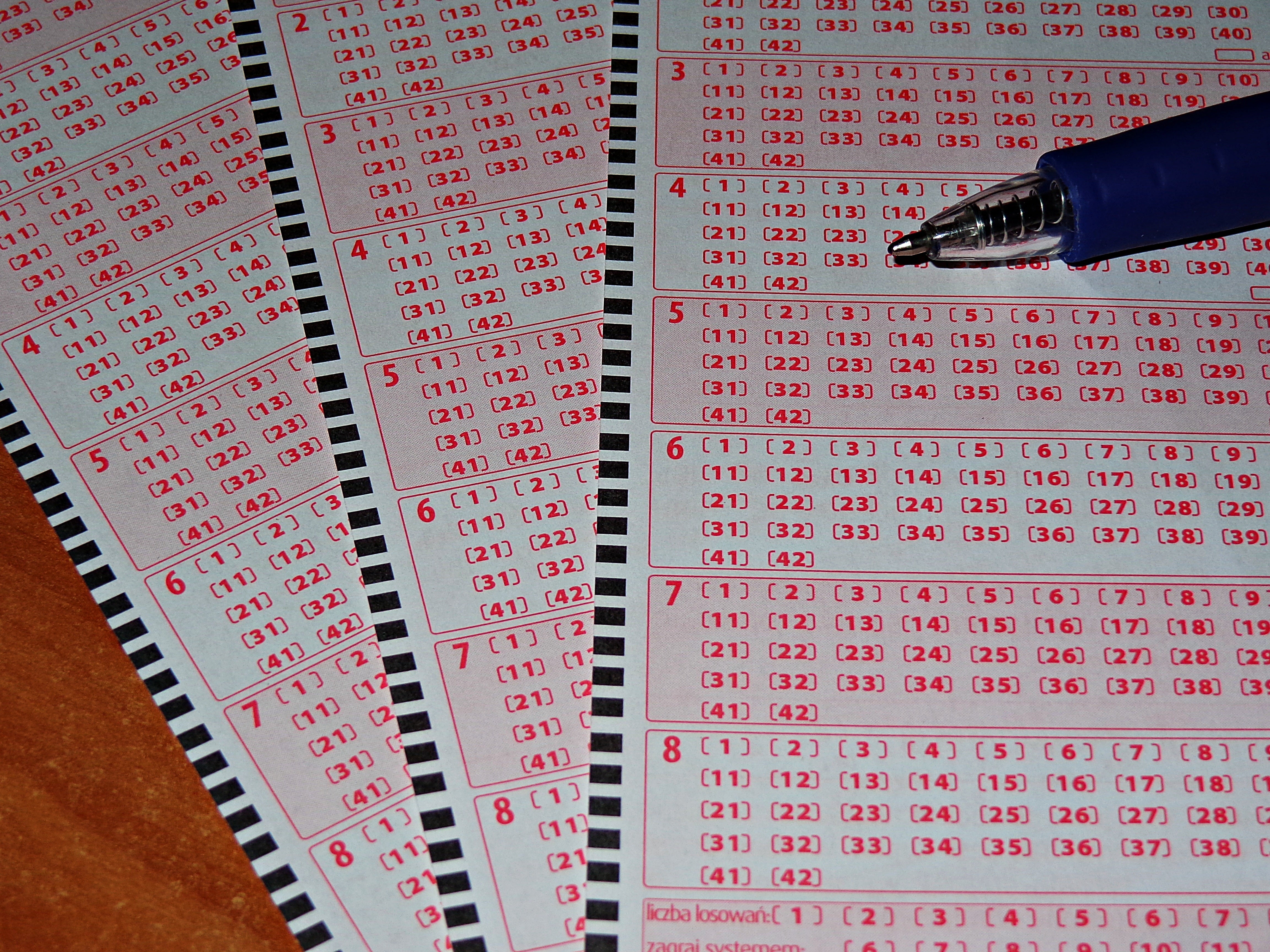
.jpg)
